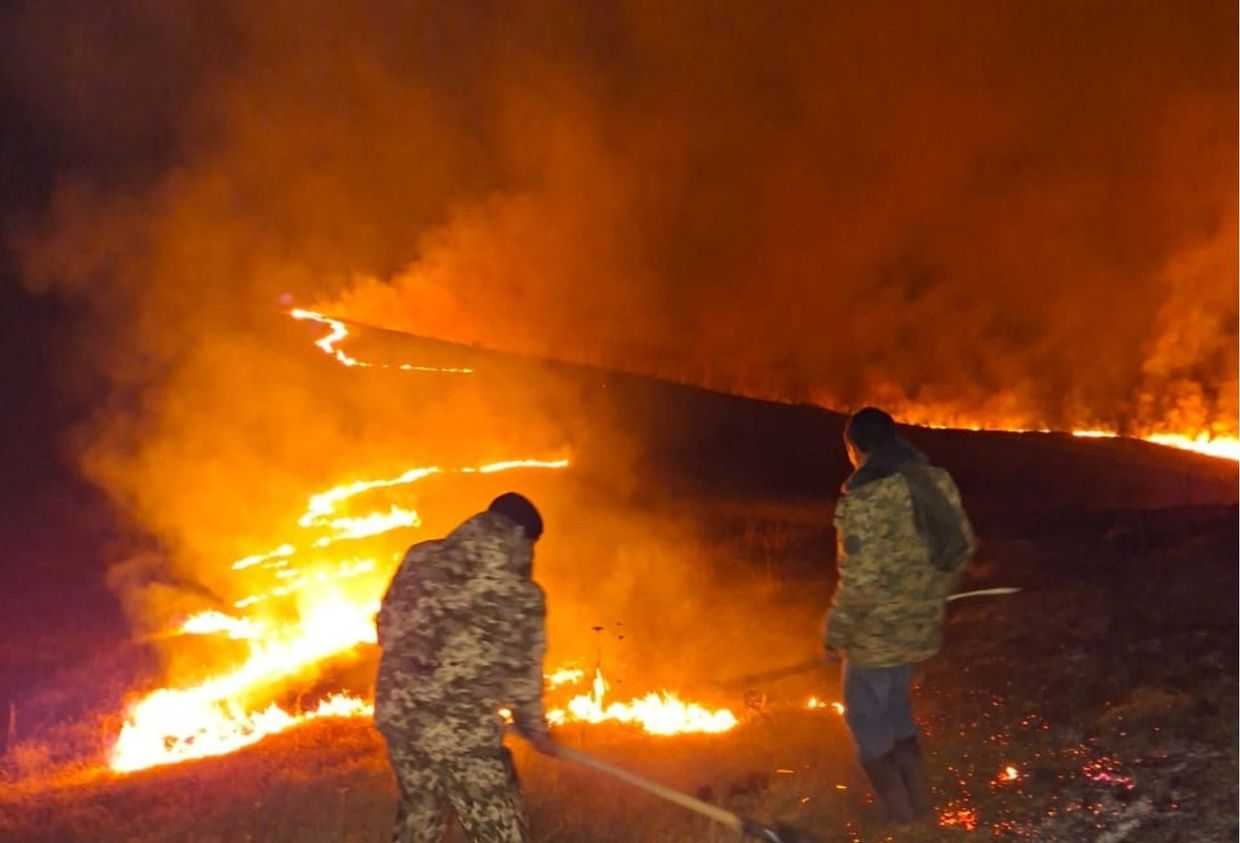
As search and rescue operations continue in the mudslide-stricken resort of Shovi in Georgia’s north, some have criticised the government’s handling of the disaster, accusing it of failure to forecast the mudslide and to alert civilians.
As of Monday, at least 18 people, including several minors, were confirmed to have died when the mudslide caused the banks of the River Buba to burst on 3 August. Four of those killed have yet to be identified. Sixteen others remain missing.
On Saturday, the government deployed the army to help assist in the search and rescue operations, joining the emergency services and volunteers.
Despite Armenia and Azerbaijan offering assistance, Georgian Prime Minister Irakli Gharibashvili assured the public that international assistance was not needed.
A preliminary analysis published by Georgia’s National Environmental Agency on Sunday said that the mudslide was caused by several factors, including the ‘intense’ melting of the nearby Buba and Tbilisa glaciers, ground erosions, and landslides.
‘The mudflow must have reached the “cottage area” within 8–10 minutes’, read the agency’s report, carrying down 5 million cubic metres of soil.
The agency rejected speculation that the glacial river Buba was clogged near its headwater days before the mudflow.
On Monday, Lasha Sukhishvili, the head of the Department of Geography at Ilia State University’s Institute of Earth Sciences, told Netgazeti that he questioned the National Environmental Agency’s claim that the mudslide was flowing at 70 kilometres per hour, suggesting that the victims of the disaster could have had more time to flee had they had prior warning.
The government has received criticism for their lack of preparedness and the initial response to the disaster. Survivors have said they had not received any alerts or evacuation directives before the mudslide hit Shovi, triggering criticism over the government’s lack of detection mechanisms.
The Georgian Dream-led government and Prime Minister Irakli Gharibashvili have maintained that their response was timely and adequate. Five days after the incident, the government announced that they had promptly started investigating the disaster for possible fatal negligence and construction violations.
Georgia’s National Disaster Risk Reduction Strategy for 2017–2022 outlined the creation of an early warning system as a priority, while the National Environmental Agency ranked Shovi among areas that were at high risk of natural disasters as early as 2021.
As part of their 2021 elections programme, the ruling Georgian Dream party also promised to establish up to 150 automatic monitoring stations and early warning systems in gorges that are vulnerable to natural disasters.
‘An early warning SMS system will be implemented which would alert subscribers present in dangerous areas about dangers or potential dangers’, the government programme said.
Georgian Dream similarly promised in 2018 to establish a warning system throughout Georgia within two or three years at the time — a promise that came as a response to the flooding of the River Nenskra in Svaneti.









